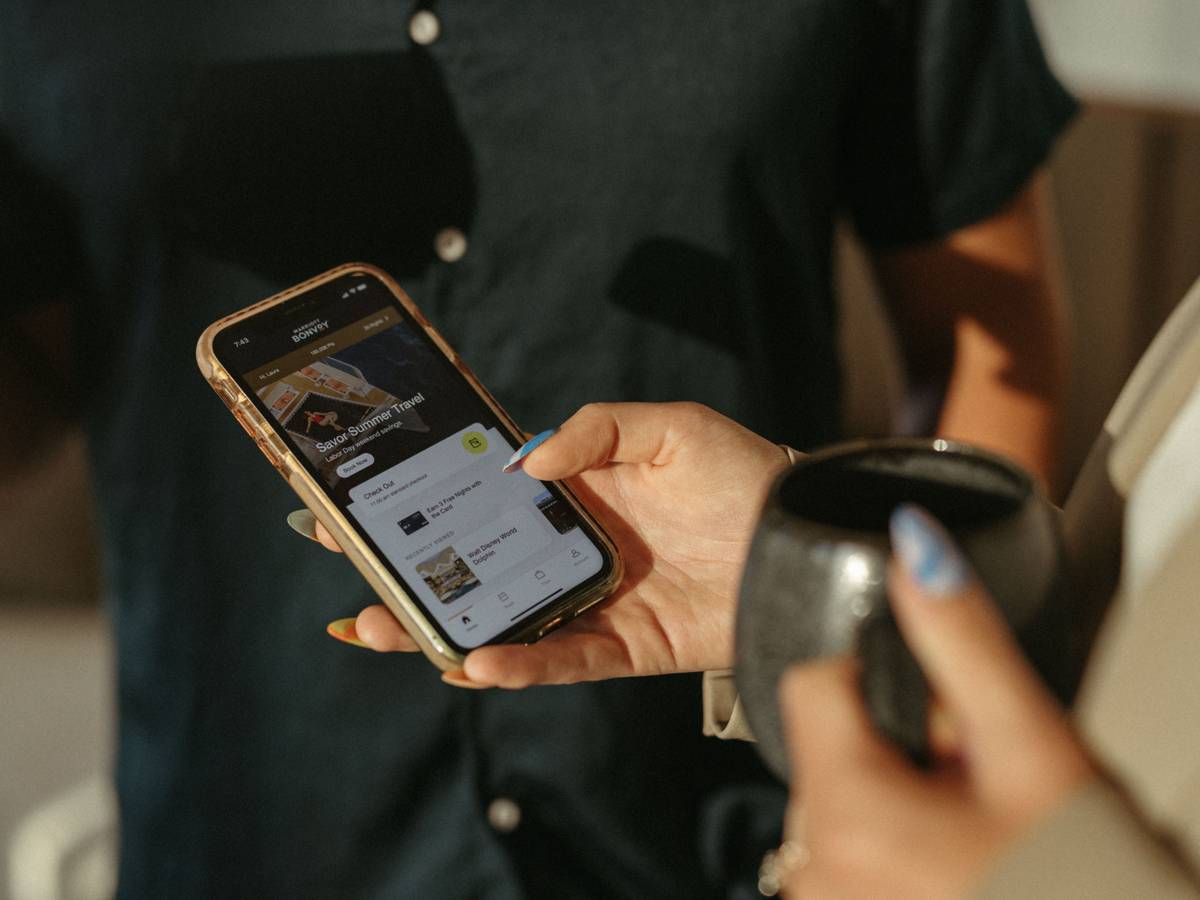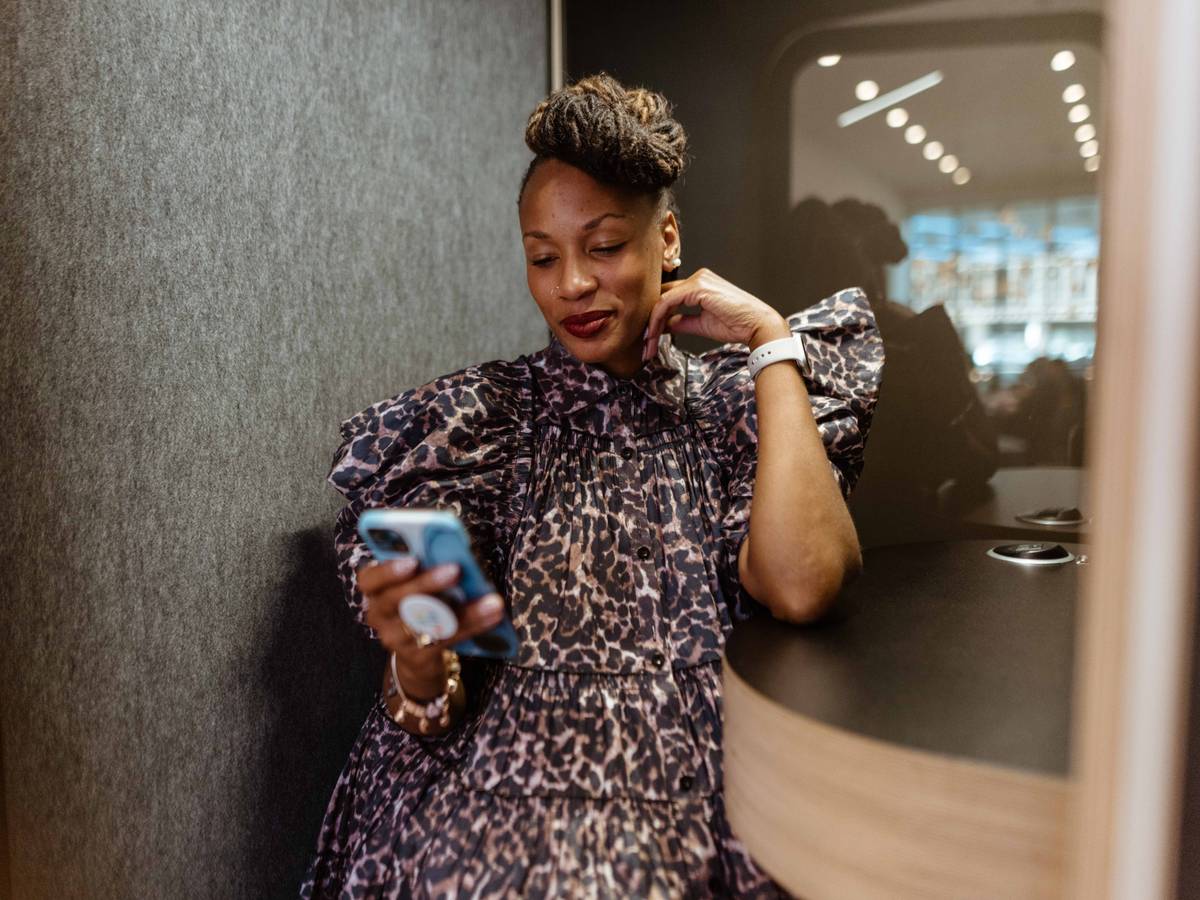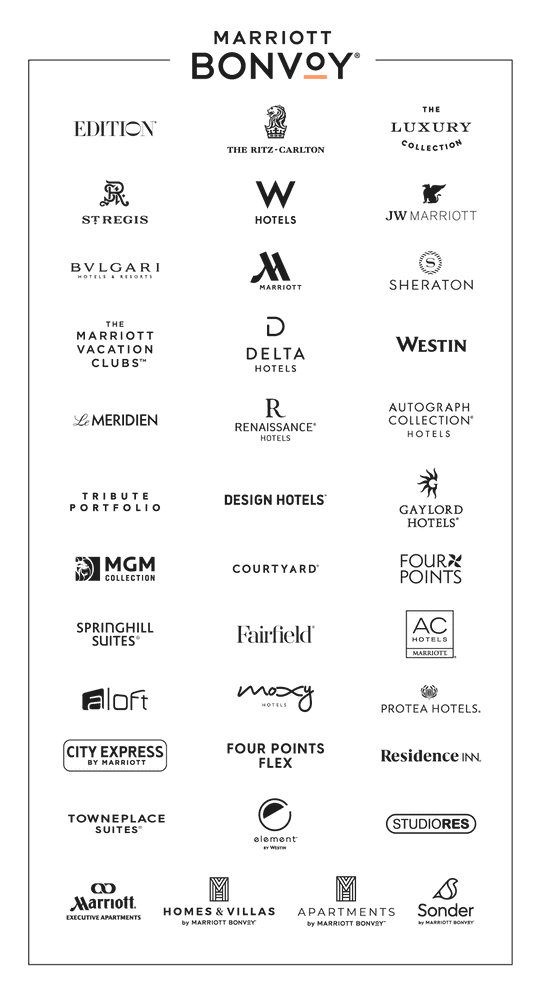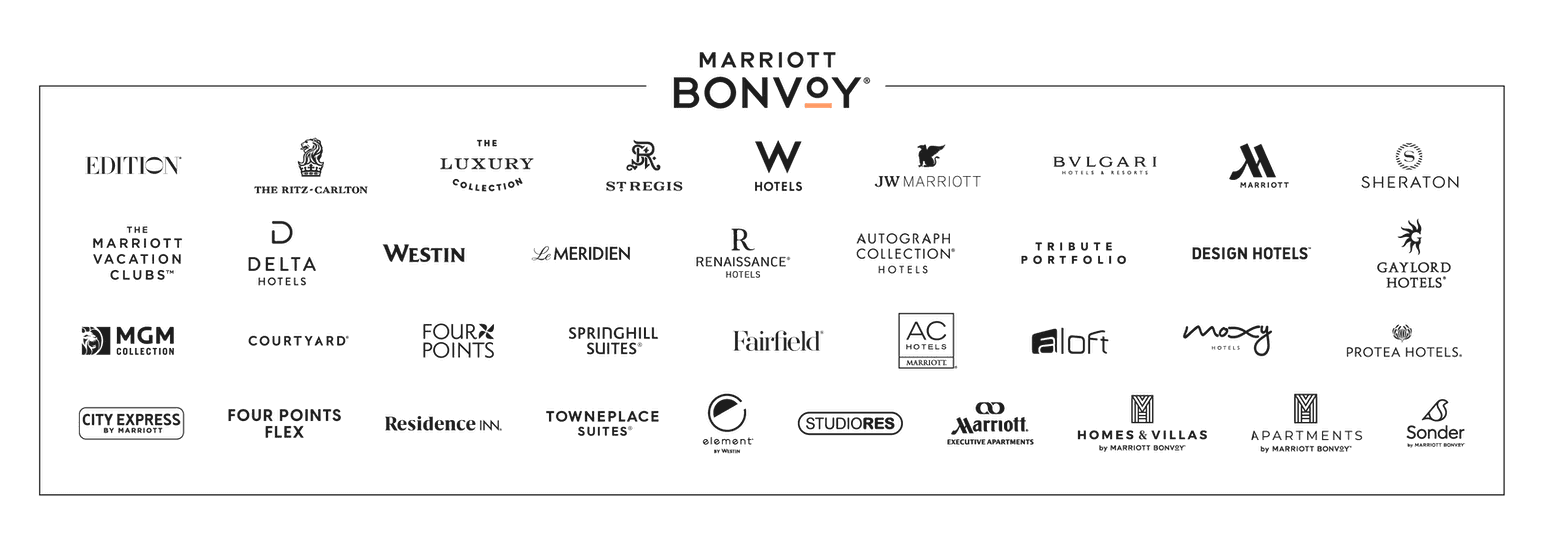AI in Events: 3 Smart Ways Planners Are Making the Most of the Tech
Artificial intelligence has seamlessly integrated into our personal and professional lives. Hundreds of millions of people use AI-powered conversational assistants to answer quick questions, summarize complex topics, draft emails, and manage daily schedules.
How AI can help event planners, however, is slightly uncharted territory. Discussions in industry forums show that people are open to using AI for event planning but unsure about what tools are worth their time, and how to use them.
Princess Castleberry, a global speaker with more than 20 years of experience in enterprise risk management, crisis response, and wellness, is a self-described AI power user who’s fascinated with the tools. Below, she and Nicole Osibodu, co-founder of Club Ichi, a membership group for B2B event marketers, share their thoughts with us on how to make the most of AI for event planning.
Planners Use AI to Learn About AI
You might feel pressure to know everything there is about AI tools if you’re looking for one to use, Osibodu says. The problem is that AI has exploded to the point that it’s virtually impossible to stay on top of it all.
“Expectations of self are really important to set, because AI will drown you,” she says. “It’s a lot to learn about, especially if you don’t even know what it could do and you’re just trying to keep up.”
Thankfully, AI can help with that.
If you don’t know the capabilities of AI tools such as ChatGPT, Gemini, and Claude or how they can help, ask them. “You don’t even have to be a prompt engineer. You can go to an AI tool and say, ‘I want you to ask me questions that help me prompt you better.’ Then it will ask you a question, and it gets you in the game,” Castleberry says.
“It solves for the number-one challenge people think they’re going to have, which is: The machine is going to replace me or is going to diminish my intelligence or my contribution or my authenticity,” she says. “It doesn’t have to.”
For a crash course in getting more comfortable with AI tools, Osibodu recommends taking one of the many 28-day AI challenges online. “Just Google them,” she says. “It will tell you every day how long to spend and which new AI tool to learn about. That doesn’t mean download it, use it, do all the things. That means go through for 28 days to know what’s out there.”


Planners Personalize Their AI Tools
Have you ever joked about how you need two of you to get all your work done? In a way, AI is the answer. But there’s a caveat: AI can give you generic and uninspired information if you’re not careful, so the more you can train AI by using details about yourself, the more personalized the tool will be for you.
“I use AI as an extension of myself,” Castleberry says. “My AI tools are trained on my persona. For example, I address my ChatGPT as, ‘Hey, twin,’ and start the conversation that way. ‘Remind me of the last five things that we talked about. Do you remember what we worked on?’ And it’ll bring up those conversations.”
As she develops learning experiences for organizations, Castleberry leverages her professional background to further personalize conversations with AI. “I can give my AI a persona and say, ‘As we’re designing this part of the experience, think like a wellness counselor, a client-directed therapist, who would give great advice but not tell people what to do,’” she explains.
“Because I have some expertise in that area,” she adds, “and I know what level and what quality of response I’m looking for out of the AI, if it spits out junk to me, I’m able to use my human intelligence and say, ‘No, that’s elementary. This is an event for Marriott Bonvoy, and these are going to be senior executives, and we need to be at this level.’”
Similarly, Osibodu crafts her AI prompts to get responses that reflect her personality. “I’ll say, ‘Make it sound like Melissa McCarthy and Richard Branson had a baby.’ It’s perfect every time,” she says. “And then I’ll be like, ‘Give it some Betsey Johnson,’ and now it’s a little bit more rebellious and colorful. So that will just help spark some ideas.”
But Osibodu doesn’t stop there. She says she is known for her voice, so after AI helps with the heavy lifting, she takes the ideas and infuses them with her tone.
Planners Use Industry-Specific AI Tools
The same AI tools that help with other aspects of your life can be applied to event planning, Osibodu says. For instance, “why don’t you just run your agenda through ChatGPT for help with formatting and emails?”
Event management platforms such as Swapcard, Cvent, and Whova are moving beyond basic voice assistance features and adding robust AI capabilities to their apps, Castleberry says. She shares an example from Swapcard:
“Let’s say you and I are both attending a conference, and we have filled out our profiles, but I don’t know that you exist and how brilliant you are. The app, through the AI, will say I’m very interested in these three things and suggest I connect with you because we have those interests in common.”
One industry-specific AI tool to consider adding to your personal “tech stack”—the collection of apps and digital platforms that you use to go about your business—is Spark, Castleberry says. PCMA launched the platform in 2023 and promotes it as the only AI tool developed by event professionals, for event professionals.
“Spark does a ton of things,” she says, “everything from budgeting and budgeting analysis to RFPs, legal agreements and all of the marketing elements.”


The following brands do not participate in Marriott Bonvoy™ Events: Design Hotels, Marriott Executive Apartments, Residence Inn, TownePlace Suites, StudioRes by Marriott, Bulgari Hotels & Resorts, The St. Regis Residence Club, The Phoenician Residences, a Luxury Collection Residence Club, Scottsdale, The Ritz-Carlton Club, The Ritz-Carlton Yacht Collection, and Homes & Villas by Marriott Bonvoy. For a full list of participating and non-participating brands, please click here.